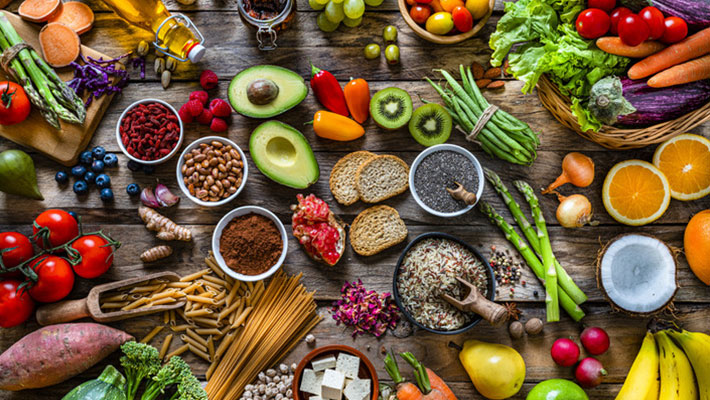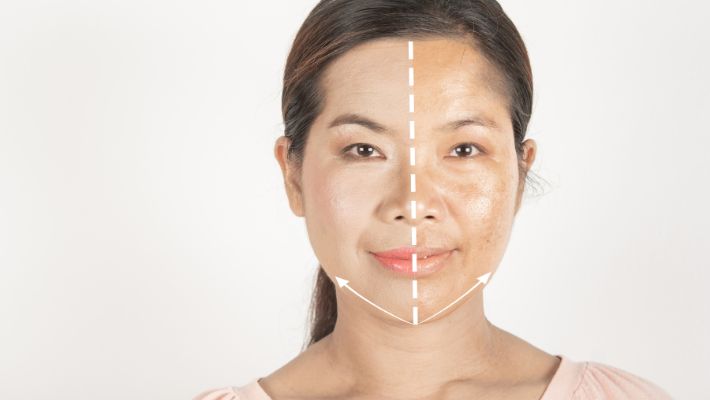Nutrients important for healthy skin

Important Nutrients in Diet
Many people are concerned about their general health as well as the health of their skin. Maintaining healthy skin requires the best nutrition possible. While it is impossible to prevent the aging process, good nutrition can help in the maintenance of a youthful appearance.
Add these nutrients to your diet to get flawless skin:
- Protein
Your body converts the proteins you eat into amino acids, which it then reuses to generate new proteins, such as the collagen and keratin that make up the structure of your skin. Amino acids also help in the removal of dead skin.
Some amino acids contain antioxidants, which protect skin cells from UV rays, and "free radicals," which are formed when your body breaks down certain meals or when you're exposed to cigarette smoke.
- Zinc
Zinc aids in the healing of wounds on the skin. It's essential for cells to divide and specialize as they expand, as well as to keep cell walls solid.
Because of how zinc interacts with other metals in your body, such as iron and copper, it may protect your skin from UV damage. It also has antioxidant properties.
Too little zinc can cause eczema, but moisturizers and steroid treatments will not make the itching rash go away.
- Vitamin E
This fatty antioxidant is a tried-and-true skincare staple. Vitamin E, when used directly, can help to cure severe injuries and scars. It protects the body from the harmful effects of UV radiation, causing oxidation. While vitamin E requirements can usually be met entirely by food, still the majority of people may not be achieving their vitamin E requirements. It is advisable to take 15 milligrams of vitamin E daily, so eat healthy fats like olive oil and fresh avocados.
- Vitamin A
Vitamin A is a fat-soluble vitamin. it is
beta-carotene that can be converted to vitamin A, which is abundant in a plant-based diet. The production and repair of epithelia are both dependent on vitamin A. Malabsorption and other skin problems can result from deficiencies.
Offal, spinach, carrots, and sweet potatoes are all good sources of vitamin A.
- Vitamin C
The ability of vitamin C to counteract the effects of sun exposure is one of the most important new dermatological findings. It works by lowering free radical damage, which is a dangerous result of sunshine, smoking, and pollution. Wrinkles and other indications of aging are caused by free radicals eating collagen and elastin, the fibers that sustain skin structure.
Make sure your diet contains enough vitamin C-rich foods (such as citrus and vegetables), which can help to restore the vitamin lost via the skin. It is advisable to take vitamin C supplements in amounts ranging from 500 to 1,000 mg per day. Vitamin C pills, when combined with vitamin E can help protect skin from the sun.



